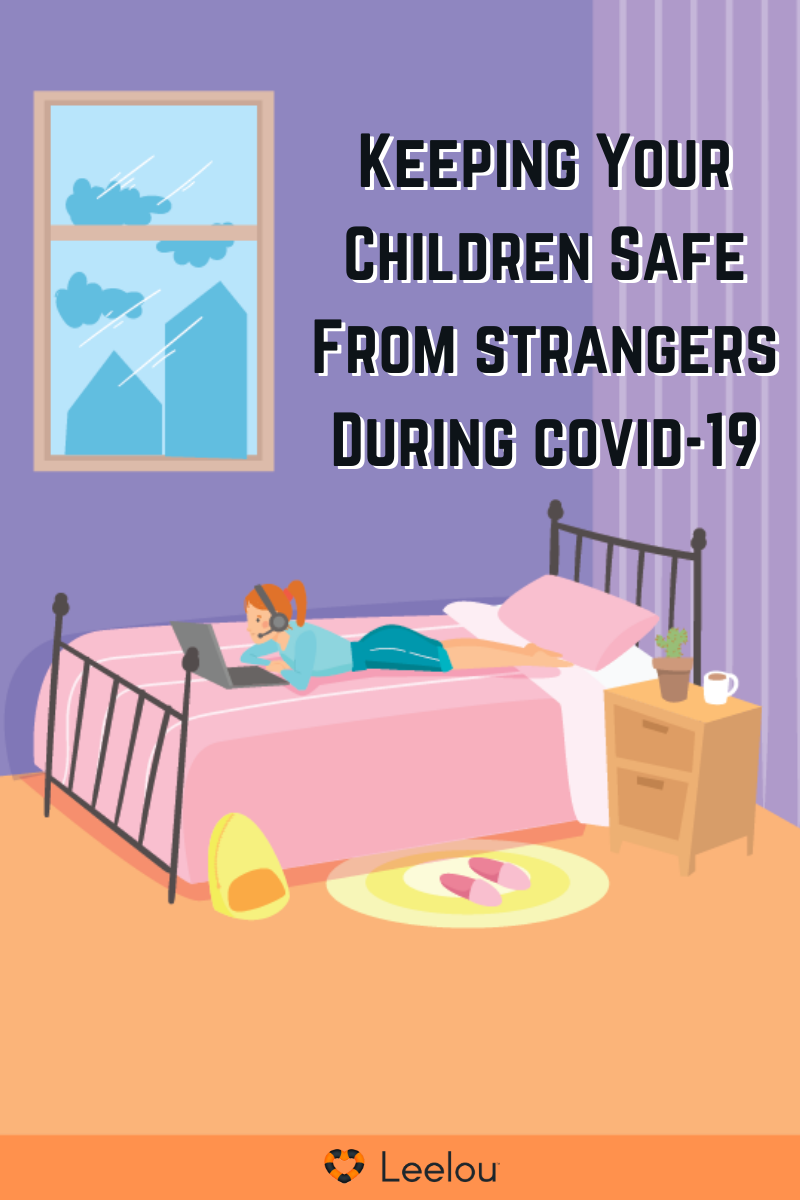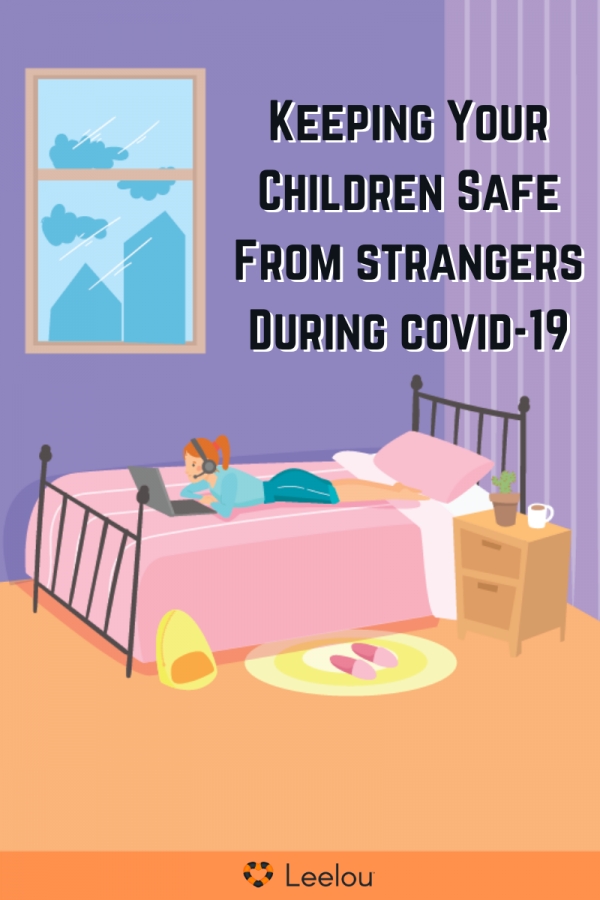
While most people immediately think of a dramatic abduction when talking about the sex trafficking of children, research shows a growing number of child predators using mobile applications.
As reported, almost 1,000 cases of potential victims of sex trafficking were recruited through social platforms such as Facebook, Snapchat, Instagram, etc. between 2015 and 2018. Gaming messenger apps such as Discord can also be used to lure kids.
With traffickers looking for a possible victim’s vulnerabilities, someone posting or commenting on having a bad day, feeling lonely, etc. can quickly become an invitation to like or comment, send a friend request, in the hopes of developing a relationship. Sometimes, these individuals even pose as someone that your child thinks they know.
A 2018 study by Thorn, an international anti-human trafficking organization that works to address the sexual exploitation of children, found that 55 percent of domestic minor sex trafficking survivors who became victims in 2015 or later had initially met their traffickers online, through text message or via a mobile app. This is further supported by another study done by the University of Toledo, revealing that “traffickers quickly target and connect with vulnerable children on the Internet, through social media.”
While these facts and statistics are frightening, these unprecedented times offer many of us something that we commonly don’t have: time!
So, how can we keep our children and teenagers safe?
First step: Get familiar with the applications your children or youth in your care are using and have an open conversation about internet safety with them.
Second step: Identify guidelines (which sites can be visited, how long, how/when and where can be these accessed, etc.). We truly encourage a mutual understanding that this isn’t a “punishment.”
As a teenager, they would have wanted their parents to show them examples of these things actually happening. So often, teens feel like “parents don’t get it,” but these measures aren’t just lessons, they are opportunities to be empowered, to become a voice or to simply be educated. A few recent articles, such as “Safety Tips When Meeting with a Stranger You Met Online”, “Keeping Children Away from Online Predators” or “Online Dating Precautions”, highlight the issue and make the subject of internet safety very real.
Reading these together can give you something to discuss and debate together. Furthermore, local nonprofit organizations, coalitions and task forces are working hard to not only address the demand but also raise awareness of human trafficking in Autsralia. Perhaps this is also a good time to watch a documentary film on the subject, read a book highlighting a particular youth’s story “in the life” or even sign up for an online human trafficking awareness programs.
Download it on your device. It’s FREE! Available at Apple Appstore and Google Playstore.


